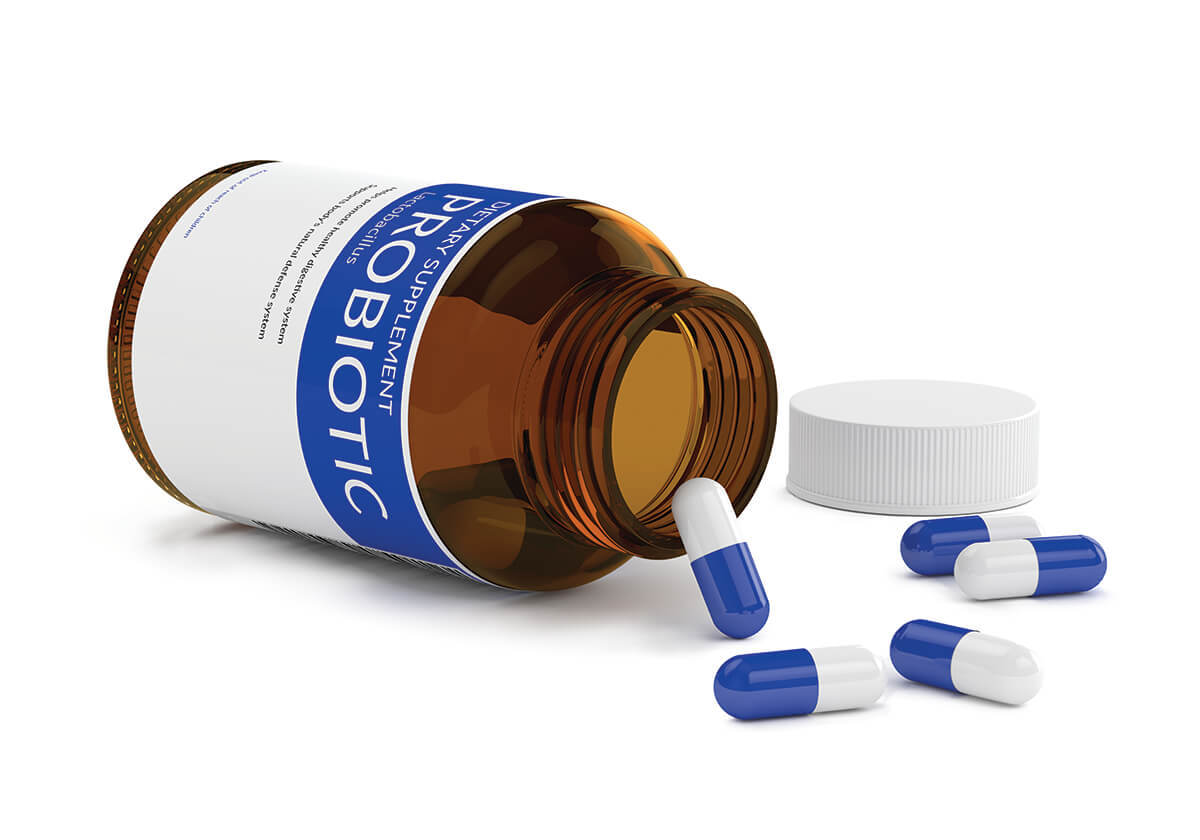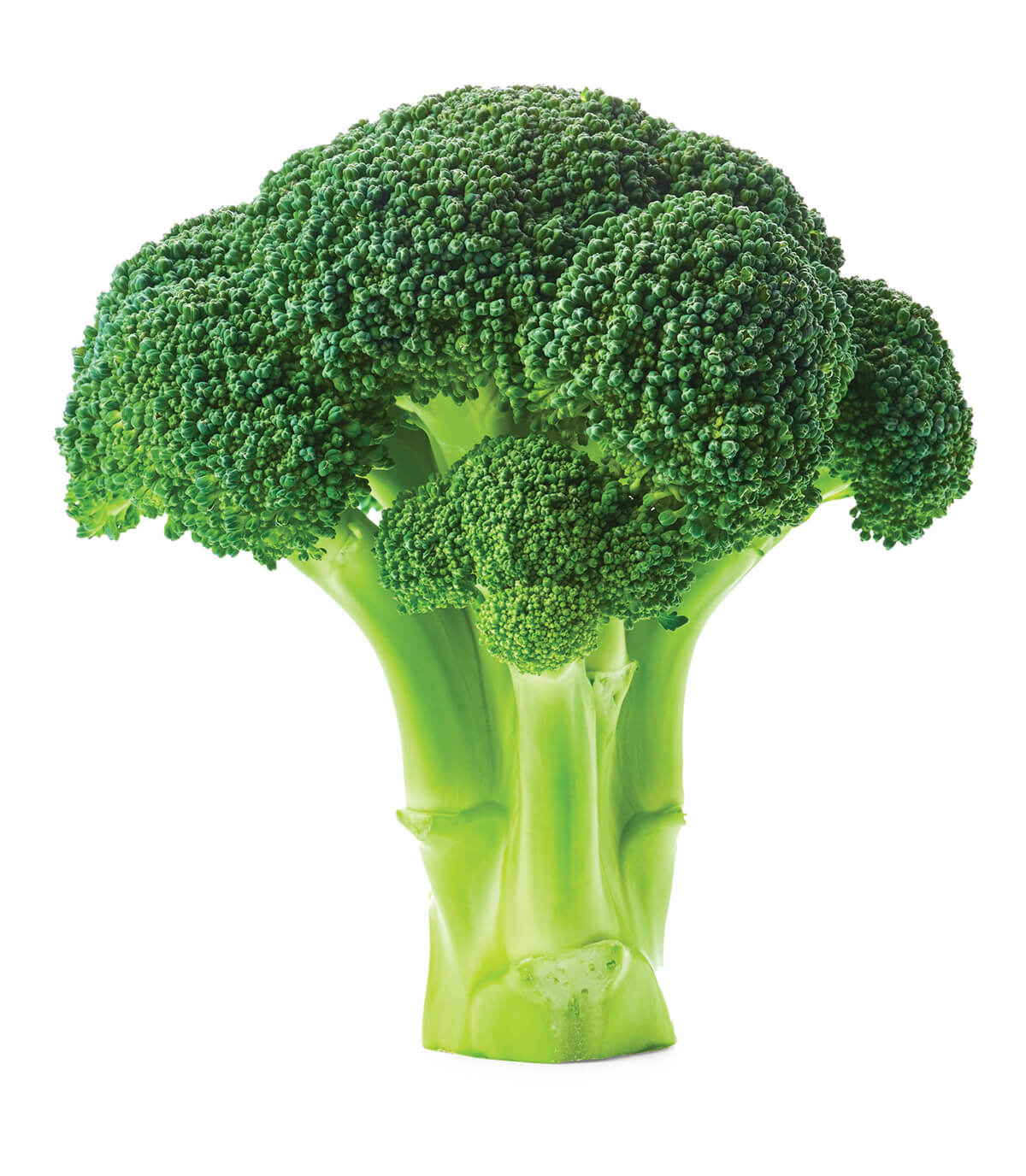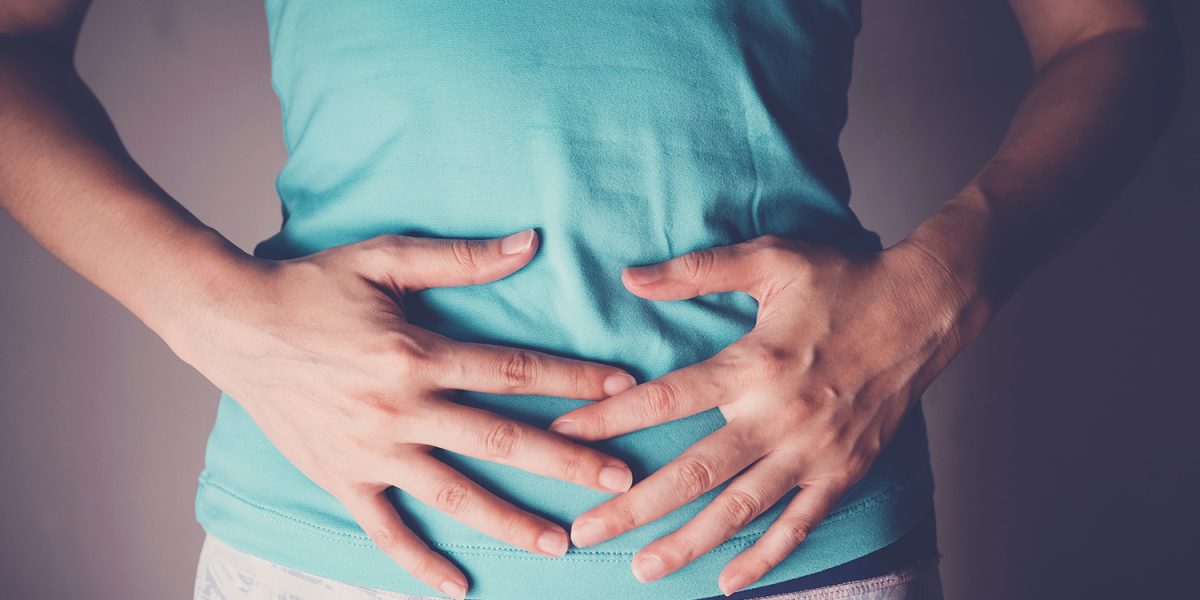Health & Wellness
What Do Probiotics Actually Do For Gut Health?
Dr. Ekta Gupta explains what probiotics are and who benefits from them most.
Chances are you’ve already heard of probiotic-rich kombucha drinks or have seen the many brands of probiotic supplements at the pharmacy. But, what do probiotics really do for gut health? We asked Dr. Ekta Gupta, the director of endoscopy at Johns Hopkins Knoll North, all about it.
What are probiotics?
Probiotics are the new kid on the block, surfacing in new research just within the last 20 years. It’s the good bacteria in the gut that helps to stop harmful bacteria from growing in the gut lining, send signals to barrier against infection, and maintain general health.
Can anyone start taking probiotics?
Yes and no. Talk to a health care provider for guidance because there can be some side effects, especially if someone has a weakened immune system. In some cases, it can cause diarrhea, gas, bloating, and discomfort. A healthy individual can take probiotics, but ensure you take the appropriate dose.
So who benefits most from probiotics?
If someone is suspected of having small intestinal bacterial overgrowth, or what’s called a leaky gut, those conditions are helped with probiotics. They can also help with antibiotic-related diarrhea, constipation, or with inflammatory bowel disease.
With so many over-the-counter supplements, what should we be looking for?
Look at expiration dates because probiotics are freeze-dried microbiomes—once they touch the appropriate amount of acid, temperature, and environment in the colon, they begin to flourish. The expiration date can make a difference in how active the strains are and what the effects are. Then, think about the appropriate dosage, which is anywhere between five and 10 billion colony forming units (CFUs). I also direct patients to lactobacillus or bi dobacterium—the two main bacterial strains that have research to back them up—rather than taking anything from the shelf that we don’t know [the benefits of].
Are there cases where probiotics help outside the gut?
I’m a big believer in how the gut can affect how you feel. It’s a hot topic in research on the benefits of probiotics and how they help the gut microbiome, which in turn can aid in treating diabetes, obesity, or even depression and anxiety.
How can we incorporate probiotics in our daily diet?
By eating cruciferous vegetables—broccoli, cabbage, radishes—as well as superfoods such as walnuts and berries.
WHAT YOU NEED:

DOSAGE: Consult with a doctor to make sure you’re not over, or under, doing it.

SAVE THE DATE: Be sure to take your supplements before the expiration date.

EAT YOUR GREENS: Cruciferous vegetables such as broccoli and cabbage are excellent sources of natural probiotics.
